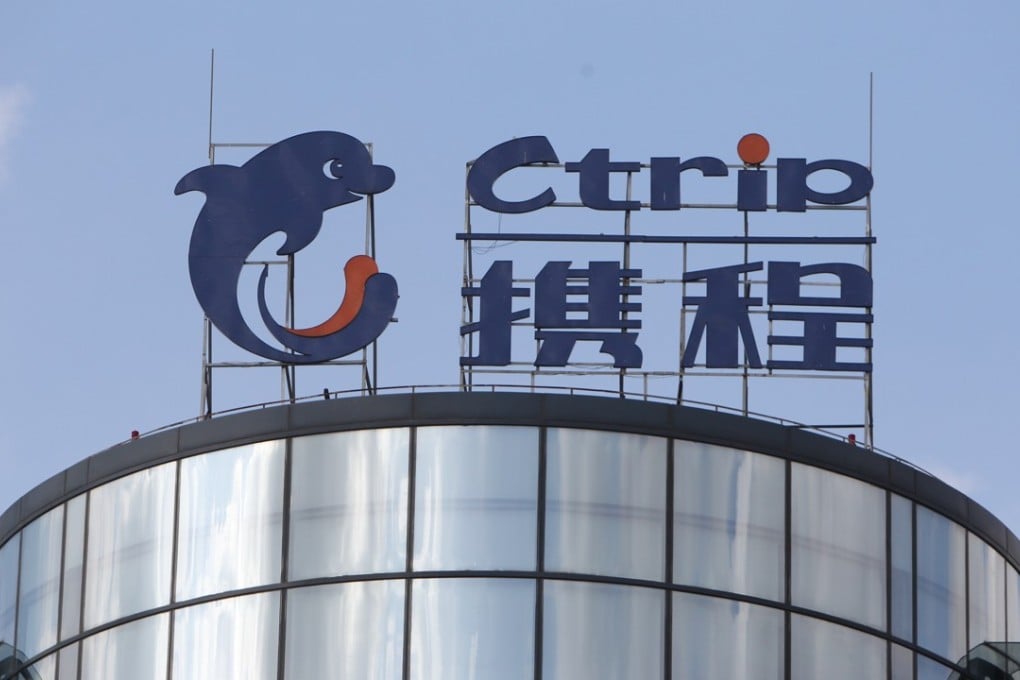Chinese online travel major Ctrip to assist female executives with pregnancy costs, including freezing of eggs
Funds ranging from 100,000 yuan to 2 million yuan, as well as seven days’ paid leave, to be made available for mid to senior level female executives

Ctrip, China’s largest online travel agency, will help its female executives with costs associated with pregnancies, including freezing of their eggs, the company said on Thursday.
I think Ctrip’s move is a welcome first step for Chinese technology firms
The company will provide financial assistance ranging from 100,000 yuan (US$14,994) to 2 million yuan, along with seven days’ paid leave, to mid to senior level female executives, so that they can access “cutting-edge technologies associated with pregnancies, including egg freezing”, said a company spokesperson. The women will be able to pick and choose the service provider for their treatment.
“We would like to help our female staff members, in terms of their worries about raising families and having babies, so they can better enjoy their career development,” said Liang Jianzhang, chairman and co-founder of Ctrip, which now boasts about US$28 billion in market capitalisation and is listed on the Nasdaq.
“A shrinking population has already become a ticking time bomb for China,” said Liang, who is also an authority on China’s demography. “If we don’t encourage people to have more babies, the population problem will eventually threaten the development of the Chinese economy, and innovation in society,” he said. “There is so much more that needs to be done.”
Ctrip’s announcement runs counter to trends in the technology sector, where sexist attitudes towards women are rife. A report Human Rights Watch published in April, analysing 36,000 Chinese job advertisements, found that even Chinese giants such as Alibaba Group Holding, which owns the South China Morning Post, and Tencent Holdings had published sexist ads. Alibaba has since said it would “conduct stricter reviews” and Tencent apologised for the postings.